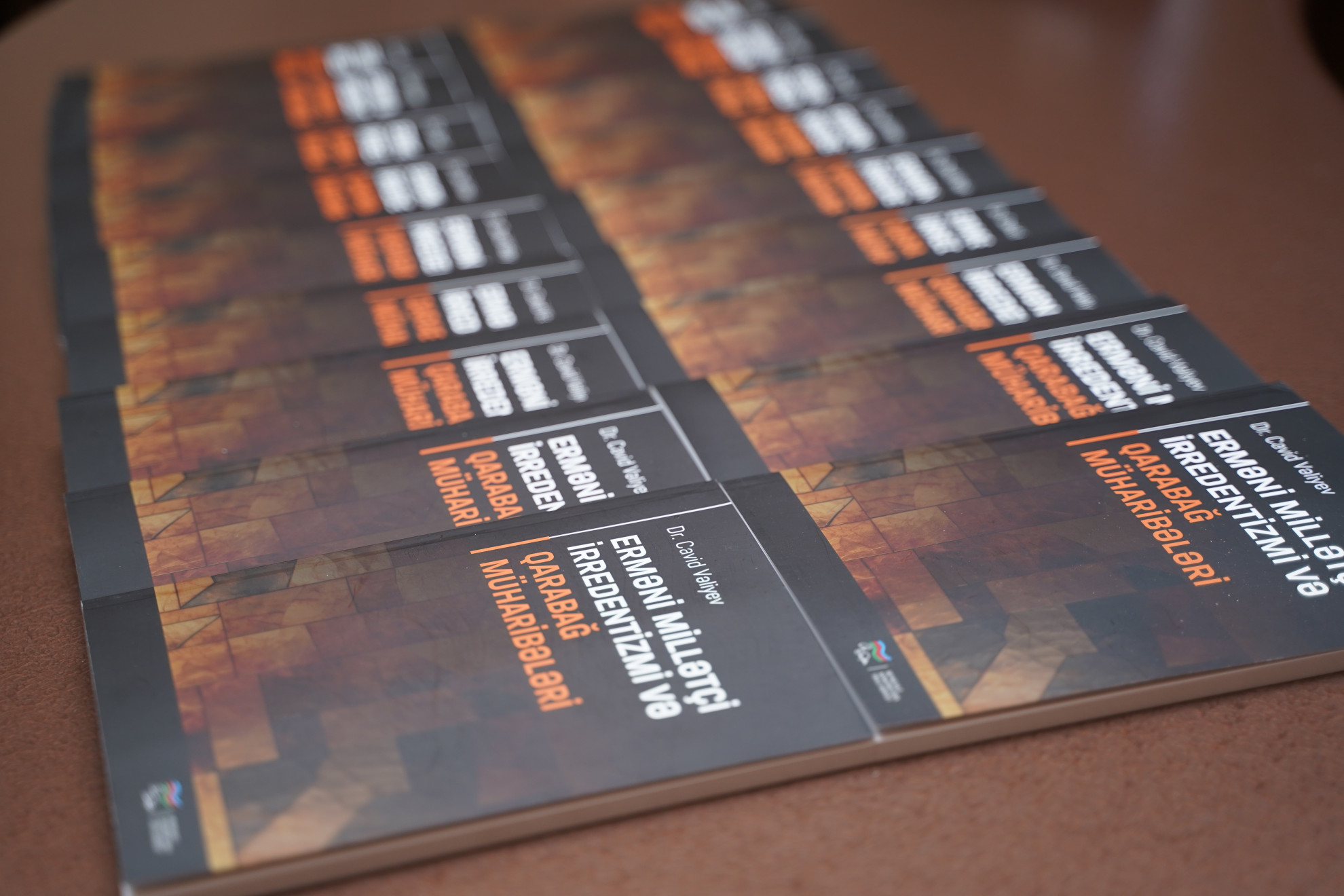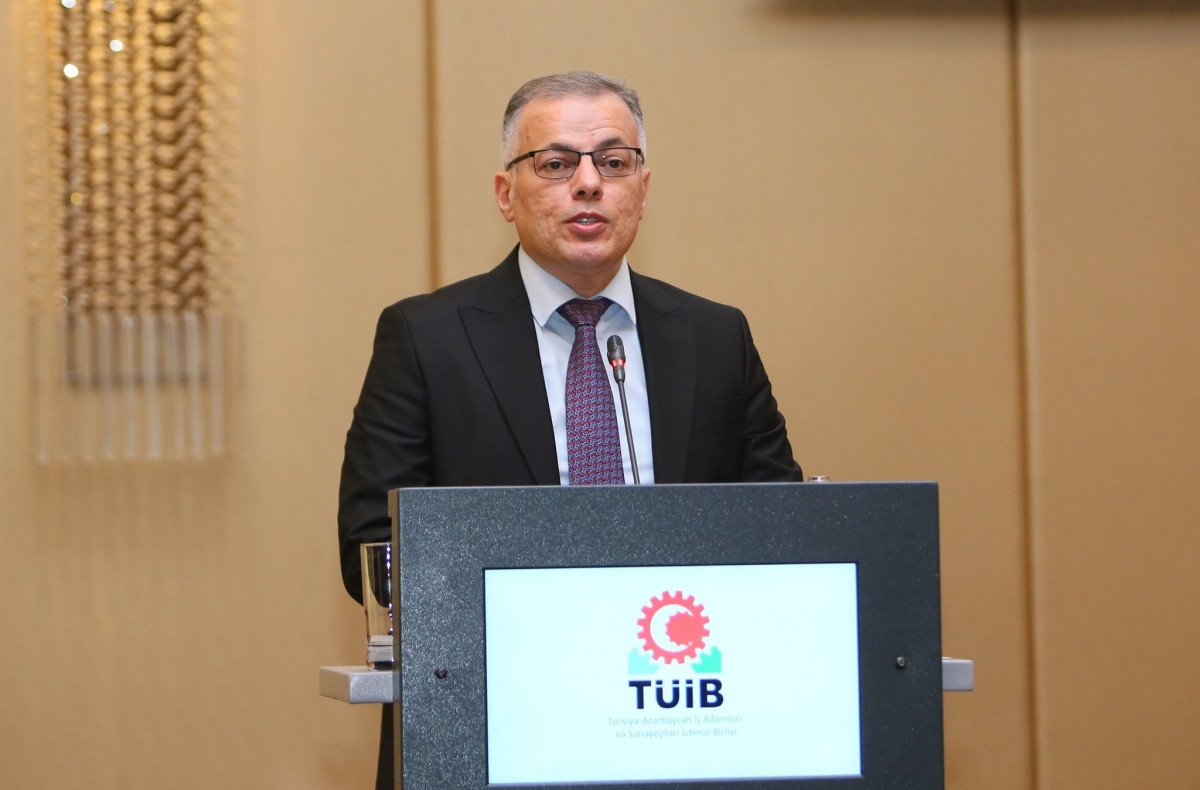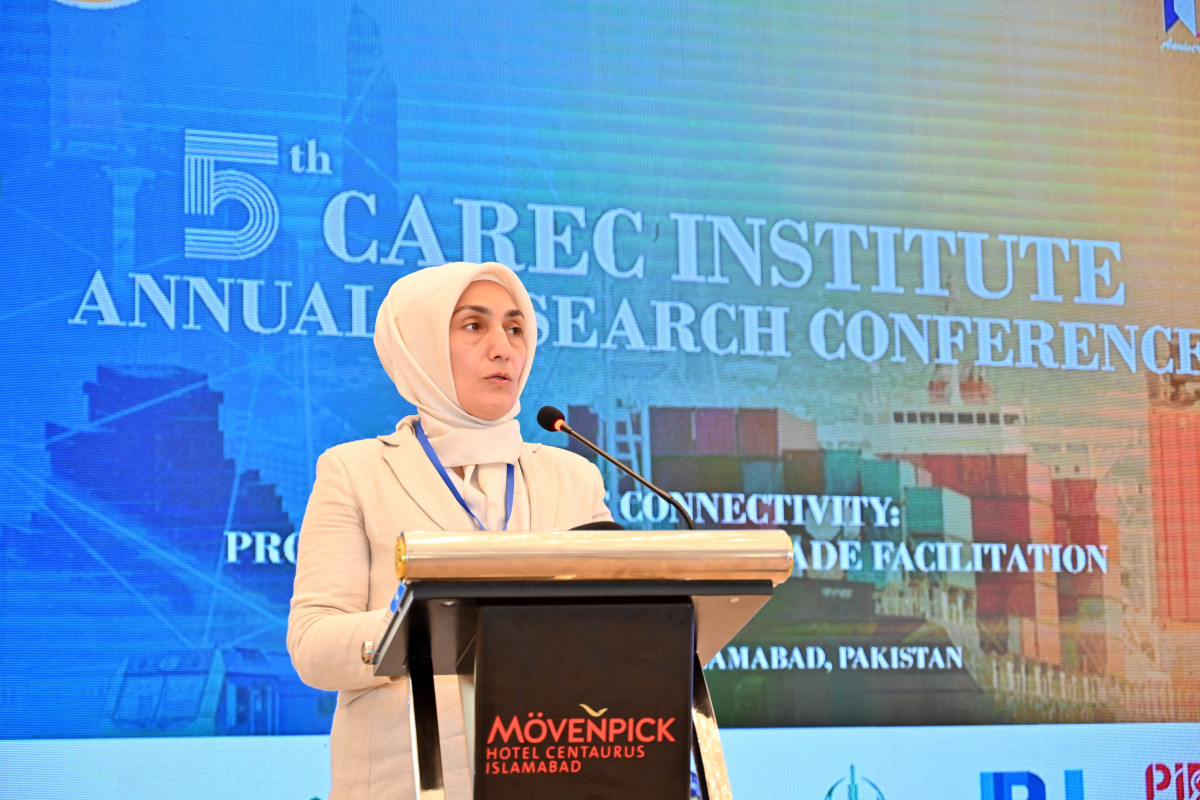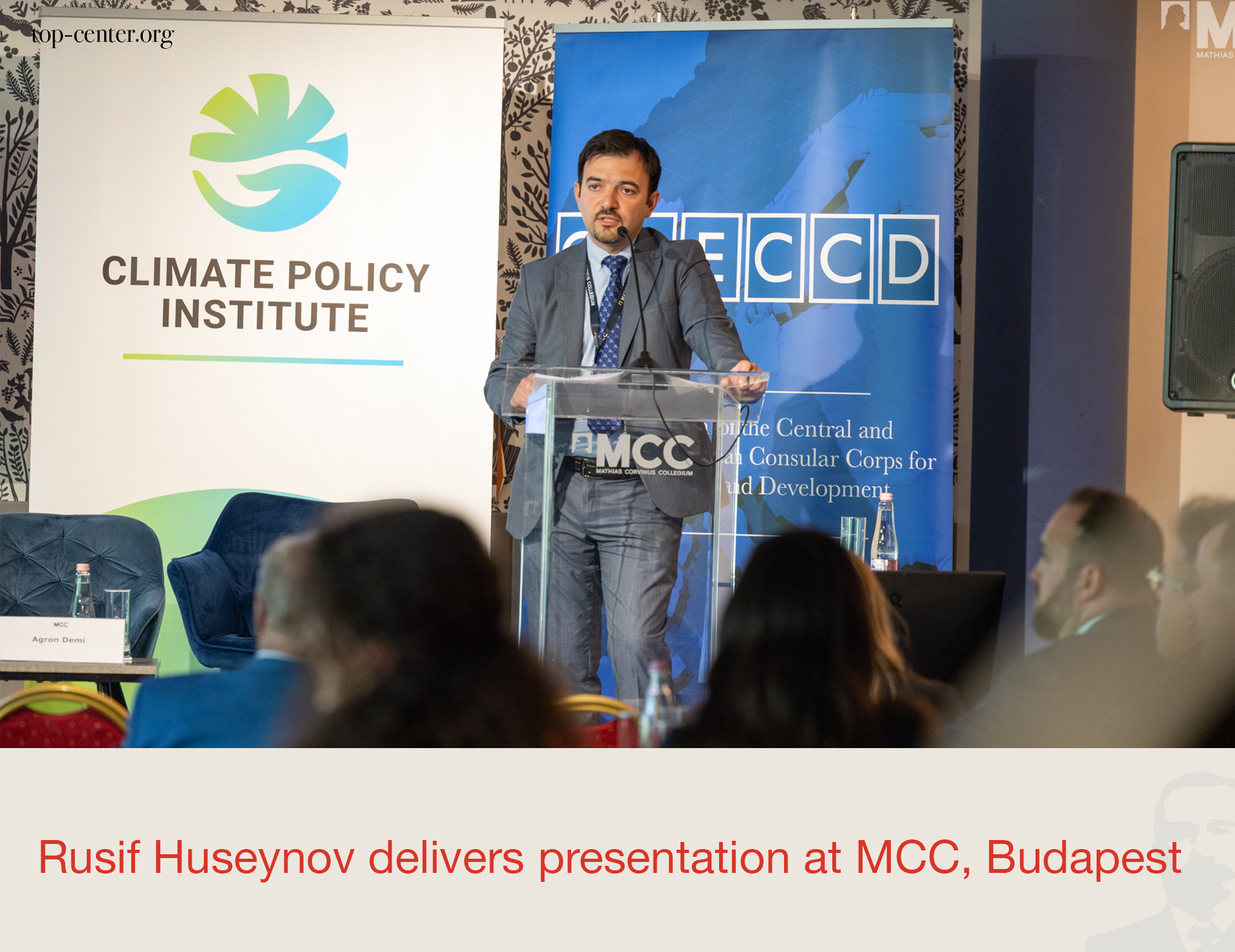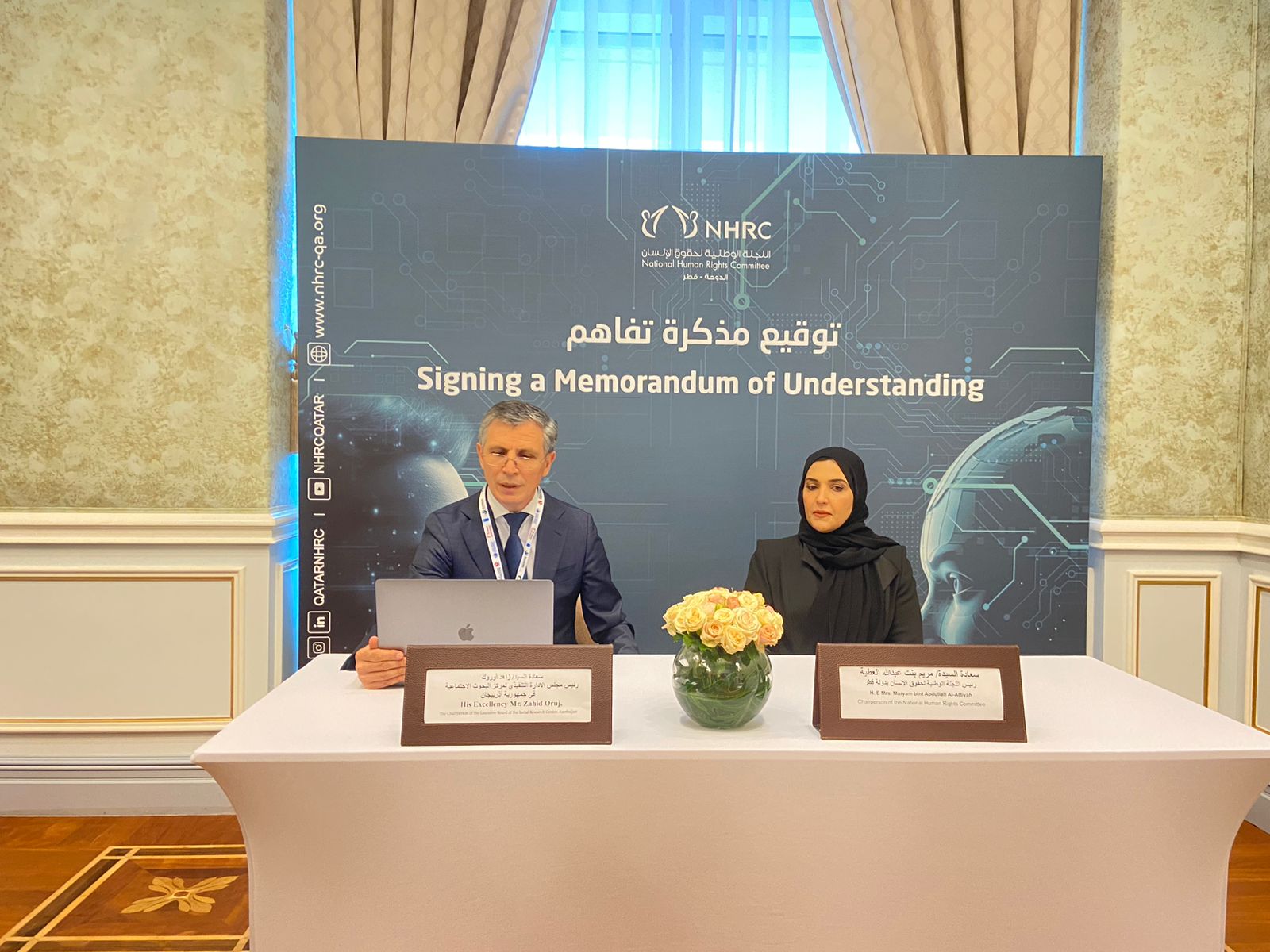On February 5, 2025, the AIR Center hosted a presentation of the book titled “Armenian nationalist irredentism and the Karabakh wars.”
In his opening remarks, Chairman of the Board of the AIR Center Farid Shafiyev emphasized that certain narratives promoted by Armenia and the Armenian diaspora—such as the claim that the events leading to the Karabakh war began after the 1988 Sumgait incidents and the focus on the principle of self-determination—underscore the need to reassess the history of Armenian irredentism. Farid Shafiyev pointed out that the systematic and violent expulsion of Azerbaijanis from their ancestral lands by Armenians has always been an integral part of this irredentist policy. He also referenced a recent statement by Armenia’s Foreign Minister, Ararat Mirzoyan, regarding compensation for the Azerbaijanis of Western Azerbaijan, arguing that it demonstrates Armenia has not abandoned or ceased justifying its irredentist agenda.
Musa Gasımlı, the Deputy Speaker of the Milli Majlis (National Assembly) of Azerbaijan, highlighted the book’s chronological structure and underscored its significance in Azerbaijan’s historiography. He noted that, for the first time in Azerbaijani history, Azerbaijan’s sovereignty over all its territories has been fully restored, thanks to President Ilham Aliyev’s successful foreign policy.
M. Gasımlı explained that Armenian irredentism, backed by major empires since the late 19th century, has been used to promote genocide and terrorism in the South Caucasus, aiming to prevent the formation of a unified Turkic world.
“In the 1940s, they advanced the theory of a ‘united front.’ Armenian political parties, putting aside their differences, united around a single cause: to demand land and compensation from Türkiye and the annexation of Nakhchivan and Karabakh,” he said.
Ilgar Niftaliyev, the Deputy Director for Scientific Affairs at the Institute of History and Ethnology of the National Academy of Sciences of Azerbaijan, praised the book for referencing Armenian diaspora archives and the works of Armenian authors. He also noted that, during the Soviet era, Armenian authors dominated the historical narrative of Karabakh, contributing to the spread of Armenian irredentism. Niftaliyev explained that after Azerbaijan regained its independence, significant research was carried out in this field, making it a crucial component of the information war. He also remarked that the Dashnaks, who were used as pawns by empires, adapted their tactics depending on the political context, aligning with either the West or the Soviet Union.
Nazim Mustafa, a senior researcher at the Institute of History and Ethnology, added that the book introduces a fresh perspective and addresses numerous issues that have never before been explored in Azerbaijani historiography.
“The codes of Armenian irredentism are deciphered in this book,” said Mustafa.
Briefly reviewing the history of Armenian irredentism, Mustafa emphasized that the views expressed by former Armenian President Levon Ter-Petrosyan during his July 23, 1993, meeting with members of the Yerkrapa terrorist organization were an essential part of this policy.
The author of the book, Javid Valiyev, the AIR Center’s Head of Department, explained that the book’s theoretical analysis focuses on international relations and foreign policy aspects.
The event was concluded with a question-and-answer session.

